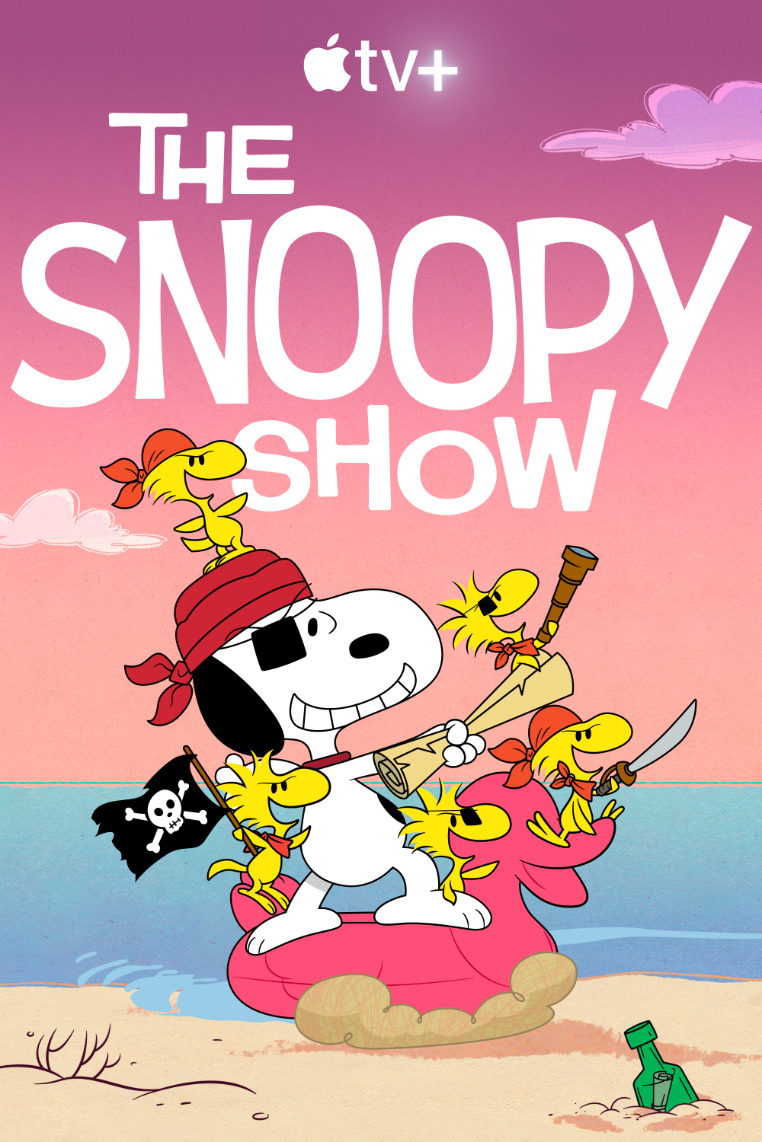
By Jessilyn Lancaster
What if our biblical heroes were influencers? Several short videos have cropped up online and gone viral asking this very question, from Daniel to Samson to Jesus, Himself.
“Alright, guys, it’s official – they’re throwing me into the lion’s den,” an AI Daniel says in one of the videos. “I’ll film what I can, and if I survive, this is going to blow up.”
In another video, David comes to viewers live from the battlefield shortly before he meets Goliath.
“So I walk in with snacks, and everyone’s out here sweating bullets because some tall guy is calling from the valley,” David says. “They’re shaking in their sandals, man.”
Cute, right? Some of these videos give Christians the opportunity to imagine what it would be like to see our history from the eyes of those who lived it.
But what about when it crosses a line?
In another video, Jesus is hanging on the cross, joking with the camera.
“They don’t know that this G-O-D is about to B-R-B,” he says with a smile.
With some of these AI videos, our salvation and God sending His Son to make the ultimate sacrifice is reduced to nothing more than 20-something males who want to “do it for the Vine!”
Yikes. Biblical heroes should not be equivalent to today’s influencers.
However, Jesus told the parable of the talents to commend servants who invested their gifts and condemn the servant who sat on his gift.
According to Bible Study Tools, “…the ‘talents’ (or minas in Luke’s version) represent more than just the monetary resources God gives us. Remember, this is a parable, and all of Jesus’ parables are about a bit more than they seem. This parable is paired with the parable of the 10 virgins, who made the mistake of not having enough oil when the bridegroom arrives. It’s also preceded by a story about a servant not using his position well while the master is away.”
“All three stories are about being given something which must be used well, and the consequences of neglecting or abusing it. In short, the talents represent what God has given us—our monetary resources, our callings to positions within the church (Ephesians 4:11-16), our natural giftings. Each of these things (and many others) are given by God, to use in ways that glorify him and draws others toward him,” the outlet continues.
If AI-generated videos can be used to advance the Kingdom of God, is that not what Jesus was telling us to do — to use our resources for His glory?
Should AI be used to recreate the Bible?
Pray.com recently generated an in-depth look at Ruth through an AI video series, holding true to the biblical heart of the story.
“We are honored to bring Ruth’s story to life – a timeless saga meeting cutting-edge technology to reach new audiences with such important lessons about loss and loyalty,” said Max Bard, VP of Content, who led the development of the project. “We first started experimenting with visual AI storytelling in our podcast trailers, and as our understanding deepened, it became clear that we could take it further – telling a complete Bible story entirely through AI. We’re incredibly proud of the result and excited to share more series like this in the future.”
Other Christians have weighed into the debate of incorporating AI into daily faith habits.
“I would never use it to ever write a sermon for me,” reality TV star Sadie Robertson Huff said. “I would never use it to write a chapter, like, that’s wrong. But I’m gonna use it to assist me in learning or in writing…as I study, you know.”
She continued: “I think the important thing when it comes to like, something like ChatGPT, is that if the whole world is, like, using it, and we as believers are using it, then we do need to have conversations about like the wisdom and the way we use things like that and tap into things like that.”
Huff concluded, “I do think there is a part of it that is helpful, and I do see there is a part of it that could get dangerous.”
So ultimately, the question becomes: If AI draws people into learning more about the Bible and the people in it, is it a bad thing?
Questions or comments? Please write to us here.


 - Content:
- Content: 

